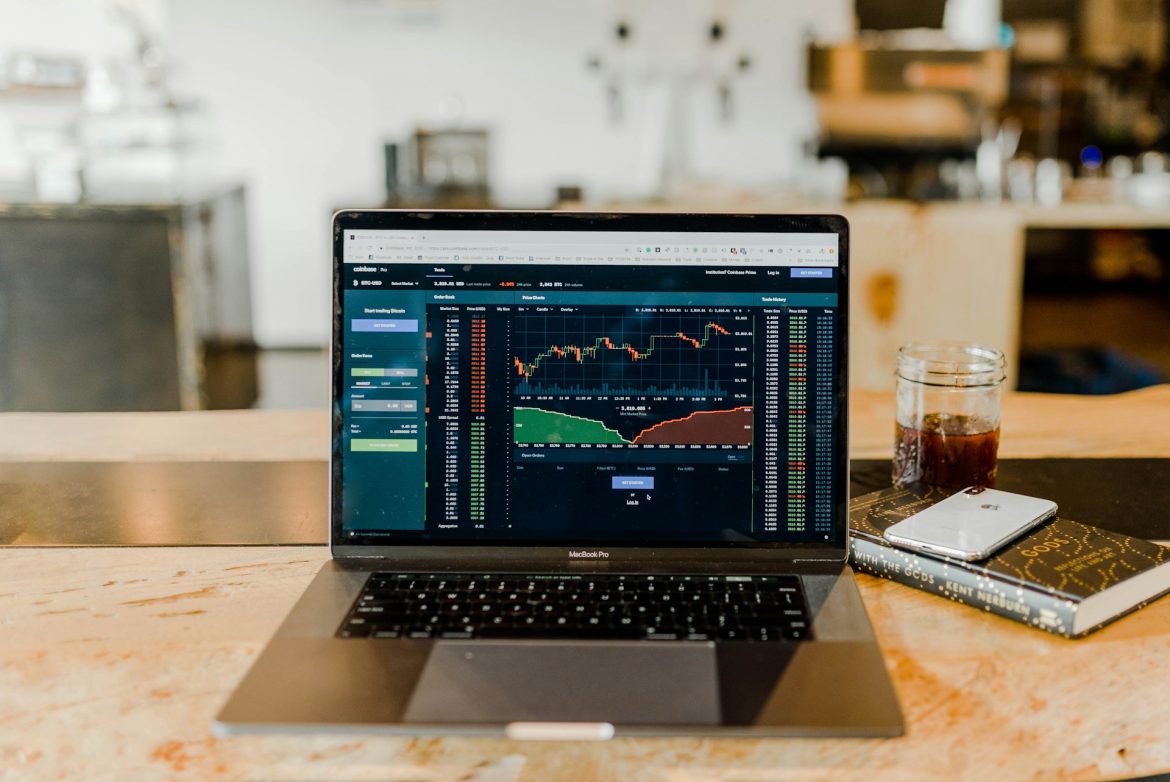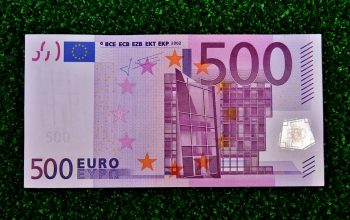After several weaker sessions, investors returned to the Frankfurt Stock Exchange today with renewed confidence. The DAX index made solid gains, overcoming recent concerns about U.S. trade tariffs. Market participants were in a buying mood ahead of an expected announcement from President Trump, who plans to unveil a new tariff package tomorrow.
Following recent losses, today’s session brought a noticeable upswing. The DAX index climbed by 1.7%, closing at 22,539 points. The rebound was supported by stabilization attempts in both U.S. and Asian markets, with the rally gaining further momentum in the afternoon. Meanwhile, the MDAX, which tracks mid-cap German companies, also posted strong results, advancing 1.09% to 27,691 points.
This comeback followed a disappointing previous day when the DAX dropped 1.3% to 22,163 points. Despite recent volatility, the first quarter closed on a notably positive note. The DAX delivered a robust return of 11.3%, largely driven by investor optimism around potentially significant fiscal measures expected from Germany’s new federal government. This surge in hope gave local markets a substantial boost.
Still, the broader economic outlook remains complex. A major point of concern for global markets continues to be the evolving trade policy under U.S. President Donald Trump. He is expected to announce a wide-reaching tariff plan on Wednesday, a move that could have major implications for international trade.
In Germany, economists are closely watching developments. The German Institute for Economic Research (DIW) has warned that the country’s economy could potentially contract this year, depending on how the U.S. tariffs play out.
“My biggest concern isn’t the U.S. tariffs themselves, but rather the uncertainty they create. That uncertainty could escalate tensions and undermine planning confidence,” said DIW President Marcel Fratzscher in comments published in advance by the Funke Media Group.
The U.S. Federal Reserve’s approach to interest rates may also be influenced by the unfolding trade scenario. Fed Chair Jerome Powell recently suggested that monetary policy would remain cautious until the economic impact of new trade measures becomes clearer.
According to Thomas Altmann, portfolio manager at QC Partners in Frankfurt, markets are currently “driven by political developments,” marked by rapid mood swings and unusually high volatility. Investors appear to be navigating a landscape shaped more by headlines than by fundamentals, where uncertainty rules and sentiment can shift from one day to the next.
Nonetheless, today’s performance signals that investors are still willing to take risks when valuations look favorable — even in a politically charged environment. All eyes are now on Washington, where Trump’s trade announcement could set the tone for the coming weeks.

